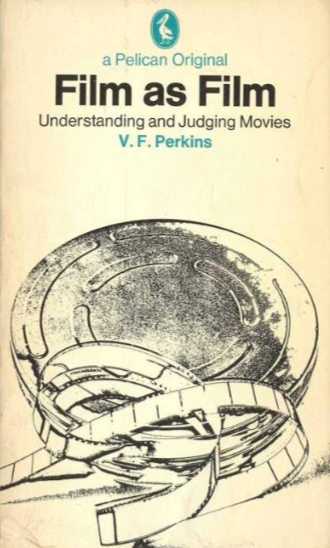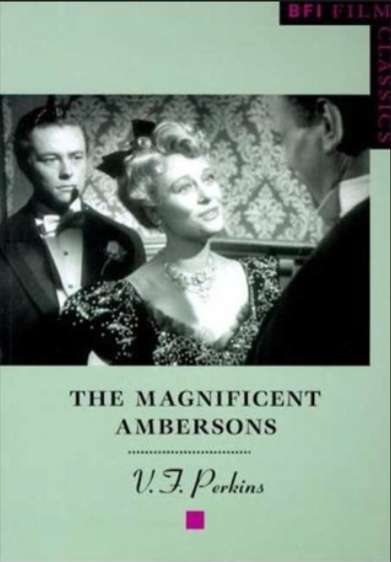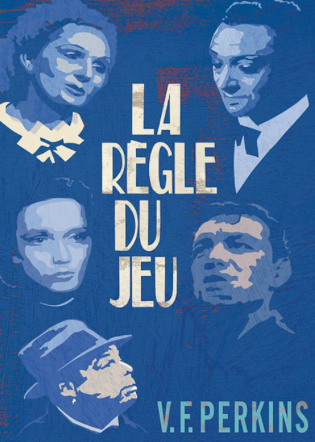Ed Gallafent
This is the text of a tribute delivered at Victor’s wake on the 2nd of August, 2016.
I imagine that a number of those who will see the recording of this occasion won’t know who I am, so I’ll just begin by introducing myself. I’m Ed Gallafent, and for many years I taught alongside Victor in the Film and Television department at Warwick. In fact it was Victor who effectively appointed me to the department, as he was its chairman when I moved into Film Studies from a position in the English department at Warwick.
The particular way in which I would like to remember Victor requires a different bit of biographical background. About twenty-five years ago, my then teenage son was going to a Boarding School near Banbury, and coming home to London for the weekends. I used to drive him back to school on a Sunday afternoon, and then drive on to Leamington Spa, so as to be ready for the teaching at the university the following week. At that time Victor and Liz, and Liz’s dog, were living in Leamington, a few minutes walk away from where I was staying, and they started inviting me to dinner on Sunday evenings. Of course various arrangements changed, over the next twenty five years, and there were a succession of beloved dogs, but in effect Victor and Liz have been giving me dinner, or as Victor always called it supper, at roughly weekly intervals for a couple of decades of term times.
So it’s really Victor as a conversationalist that I want to remember this afternoon. Over those decades we talked about – well, about everything you would talk about, about films, about television, about books, about theatre, about politics, about the good and bad behavior of the university of Warwick, about food, about dogs and cats, about our children, about ourselves.
And I’ve been thinking about this a lot in the last two weeks, why are those conversations so memorable to me, so valuable? And I think it is because of Victor’s extraordinary gift for attentiveness. I mean by that, the care he took in his measuring what you had said and in finding something to offer in response that was both a direct reply and an offer of a different, an extended way of thinking about the topic in hand. Victor seems to me to be the exemplary case of the figure who understands conversation as a kind of mutual exploration, or sometimes as a form of aid or support when, as I did at not infrequent intervals, you asked for advice.
Even when you said something foolish – or plain wrong -- as over the decades more than occasionally happened, Victor always seemed to me to recover the situation by his kindness and generosity overcoming any impulse to be too corrective or censorious. One was left with the impression not that Victor agreed with you, but that he thought it was interesting that you could hold such a view, and the oddity of that would bear thinking about.
What I should supply at this point is an example, and it is not difficult for me to pick one out of the many, as I’d like to tell you about the final conversation I had with Victor about a film. Like innumerable occasions before it, it took place over the supper table at Broadwells Court, exactly a month ago today, and it began by Victor asking me, as he regularly did, what I’d seen over the weekend. And What I’d seen happened to be a last film, made by the late Belgian film maker Chantal Ackerman, called No Home Movie. Those in this room who know Victor’s tastes might say, not a very Victor film then.
So I told Victor what I’d liked in it – quite a lot – and what I’d not been sure about; and he developed our conversation into a discussion of endings, not the endings of films, but how films record, say, the ending of a conversation, or the business of leaving a room, or exiting a home. At the close of our conversation Victor had the last word, and I think of his words as typical of the precision and the self-knowledge of Victor’s judgements. He said “I don’t think I shall choose to see this film, but I have found it interesting to talk about it.” We’ve still got Victor’s books, so his ideas, his thought, is permanently with us. What I shall miss is that voice.
I want to end with a quotation. Don’t worry, it’s a very short quotation. It’s drawn from a passage in my reading which for years always made me think about my relation to Victor when I read and then when I re-read it, and I had in my mind that one day I would talk to him about it, as a way of discussing how we think about friendship. It comes from the American novelist Scott Fitzgerald. In one of his pieces of autobiographical writing Fitzgerald talks about a friend who is for him a point of reference, someone who represents to him his sense of a life well lived. He says:
“[he] wouldn’t like his name set down here. But in difficult situations I had tried to think what he would have thought, how he would have acted.”
Does everyone have a friend like that? I don’t know, of course, but that was what Victor was, and is, to me.




